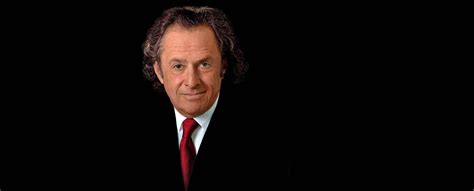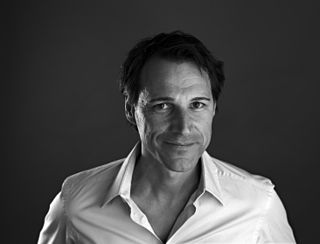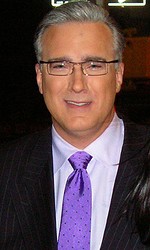A Quote by James Patterson
Assume nothing, question everything.
Quote Topics
Related Quotes
If you do not assume the law of non-contradiction, you have nothing to argue about. If you do not assume the principles of sound reason, you have nothing to argue with. If you do not assume libertarian free will, you have no one to argue against. If you do not assume morality to be an objective commodity, you have no reason to argue in the first place.
When you say there's too much evil in this world you assume there's good. When you assume there's good, you assume there's such a thing as a moral law on the basis of which to differentiate between good and evil. But if you assume a moral law, you must posit a moral Law Giver, but that's Who you're trying to disprove and not prove. Because if there's no moral Law Giver, there's no moral law. If there's no moral law, there's no good. If there's no good, there's no evil. What is your question?
Why are there beings at all instead of nothing? That is the question. Presumably it is not arbitrary question, "Why are there beings at all instead of nothing"- this is obviously the first of all questions. Of course it is not the first question in the chronological sense [...] And yet, we are each touched once, maybe even every now and then, by the concealed power of this question, without properly grasping what is happening to us. In great despair, for example, when all weight tends to dwindle away from things and the sense of things grows dark, the question looms.
The death of God left the angels in a strange position. They were overtaken suddenly by a fundamental question. One can attempt to imagine the moment. How did they look at the instant the question invaded them, flooding the angelic consciousness, taking hold with terrifying force? The question was, "What are angels?" New to questioning, unaccustomed to terror, unskilled in aloneness, the angels (we assume) fell into despair.
Everything is a meaningless struggle against nothing and when people say that the world has become a better place that is a false development-optimism. Nothing exists which ever becomes better. Everything stays the same. Somehow, there is nothing. That is so sad. Nothing to come to. Everything is an illusion. A very sweet illusion.



































